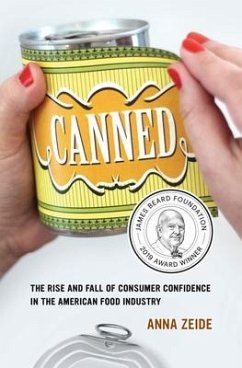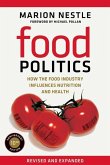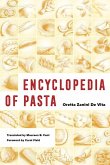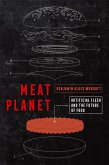"This book explores the earliest roots of the modern food industry, focusing on the development of the canning industry in the United States. Canning leaders leveraged the power of scientific expertise to create a market for canned food. Before the mid-twentieth century, in order to win consumer trust, canners adopted new technologies, cooperated with federal food regulation, sponsored agricultural and bacteriological research, and standardized food production. All of these moves helped to make canned food a staple of American pantries by the 1940s. As other industries entered the processed food landscape, and environmental and consumer critiques emerged, canners widened their scientific research base to more centrally incorporate marketing, advertising,and political strategy. In their increasing power, industry leaders were less willing to defer to governmental authority and more eager to directly control production and consumption. This study takes up the stories of six particular canned foods--condensed milk, peas, olives, tomatoes, tuna, and Campbell's soup--to understand the tools used by the food industry to build consumer confidence in a new way of eating. This modified diet not only changed the relationship between business and consumers, but also the relationships among Americans, farmers, universities, advertisers, and the natural environment."--Provided by publisher.








